What Is Ethical AI? Why Is Ethical AI Important for Businesses?

As new capabilities become accessible, the use of artificial intelligence (AI) in marketing continues to grow. Simultaneously, corporations are increasingly eager to shed light on the black box to understand how AI works. Marketing and analytics stakeholders, and consumers, want to know that their advertising expenditures are being spent wisely and transparently. These circumstances have given rise to ethical AI, but what precisely does “ethical AI” mean? Read on to know about what ethical AI is.
What is Ethical AI?
Ethical AI refers to the problems that stakeholders (ranging from engineers to government officials) must examine to guarantee that artificial intelligence technology is produced and utilized responsibly. This entails approaching AI in a safe, secure, compassionate, and ecologically sustainable manner. AI ethics might include preventing prejudice, preserving user and data privacy, and limiting environmental dangers AI ethics may be applied in two ways: corporate ethical codes and government-led regulatory frameworks. Both methods aid in the regulation of AI technology by addressing global and national ethical AI challenges and creating the policy framework for ethical artificial intelligence in businesses.
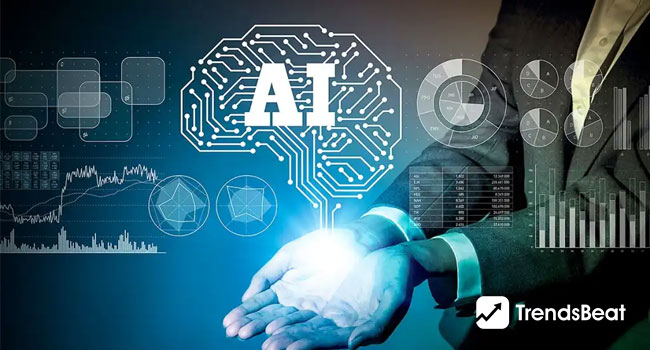
In other words, the process of incorporating AI ethics and trustworthy and responsible AI into the design, development, and deployment of AI systems is known as ethical AI (artificial intelligence).
AI ethics focuses on the influence of AI on people, communities, and society as a whole. The objective is to encourage safe and responsible AI usage to limit new risks and avoid harm. Much of the work in this field is organized around four major verticals:
Bias – the possibility that the system discriminates unjustly against individuals or groups.
Explainability – the danger that the system or its decisions may be incomprehensible to consumers and engineers.
Robustness – the likelihood that the algorithm would fail in unexpected conditions or when attacked.
Privacy – the danger that the system will not effectively secure personal information.
Responsibility Is Crucial To Ethical AI!
As a young idea, ethical artificial intelligence is defined differently among enterprises. In reality, the term “ethical AI” is a bit misleading because it suggests that current AI is unethical. Responsible AI could be a better phrase. At its foundation, ethical AI is about employing artificial intelligence ethically without discriminating against or damaging any organization’s stakeholders. It entails developing a clear ethical framework and subjecting your AI operations to those standards. These ethics should encompass legislative standards for matters like privacy as well as societal norms.
The Advantages of Ethical AI for Businesses
Businesses may grow by shaping their core objectives and adhering to carefully monitored governance policies using ethical AI methodologies. In this perspective, the following ethical artificial intelligence benefits are elaborated:
Increasing AI transparency – Increase trust and transparency among employees and consumers by building AI that is transparent across corporate processes and functions.
Data privacy and security entail ensuring that sensitive data and customer information are never utilized unethically and providing data protection and controlled data access based on demand and usage.
Stakeholder risk reduction – An ethical approach to artificial intelligence assists organizations in developing approaches that benefit stakeholders across several verticals and society as a whole.
Ethical AI & Business
Artificial intelligence (AI) development is a top priority for organizations, whether as a means to become more data-driven, drive exponential growth, or differentiate themselves from competitors, with global AI investment anticipated to reach $110 billion in 2024. Furthermore, 80% of AI-focused CEOs are failing to build protocols to ensure ethical AI use. Unfortunately, the rate at which organizations create and/or adopt AI technology is not meeting the same degree of urgency and dedication required to develop AI responsibly.

Developing ethical artificial intelligence is not a luxury but rather the obligation of whole enterprises to ensure data accuracy. Without ethical AI, we undermine consumer trust, perpetuate bias, and introduce data inaccuracies, all of which put a risk to the brand’s and business’s success. And we cannot overlook the fact that consumers and our employees expect us to be responsible with the digital solutions we develop and deploy to have a good influence on the world. You must comprehend the complexities, risks, and implications of ethical AI use while democratizing data for all, whether you are a leader of firm developing technologies that rely on AI applications or a leader of a corporation that chooses to embrace the technology.
Using Ethical Artificial Intelligence to Gain a Competitive Edge!
Stakeholder capitalism will be a fundamental driving force in the future of all organizations. Maintaining employee, customer, and supplier motivation and inspiration is vital to ensuring that those participants continue to produce returns to shareholders and, ultimately, long-term business profitability. However, these stakeholders demand a clear knowledge of the company’s mission and values – not simply financial aims and objectives – which includes ethical AI. Businesses that take the risk of developing AI algorithms with openness and accountability might gain a competitive edge. Ethical AI may increase corporate social responsibility (CSR) by limiting unfavorable or negative consequences on society, fostering trust, and optimizing long-term value generation when developed, managed, and executed effectively.
For most firms, ethical AI is still in its infancy. To combat this new wave of difficulties, leaders must guarantee that AI is governed responsibly and morally. Forward-thinking businesses may utilize their approach to get a competitive advantage in the new and developing market.
Conclusion
The use of artificial intelligence with responsibility and security refers to ethical AI. This entails approaching AI in a safe, secure, compassionate, and ecologically sustainable manner. Throughout this blog, we have discussed ethical AI and the advantages of ethical AI in business. We have also discussed why responsibility is a crucial factor in the ethical Artificial intelligence for business. Undoubtedly, companies can gain competitive advantages by employing ethical AI technologies. When created, managed, and implemented efficiently, ethical artificial intelligence may boost corporate social responsibility (CSR) by reducing unfavorable or negative impacts on society, encouraging trust, and enhancing long-term value production.











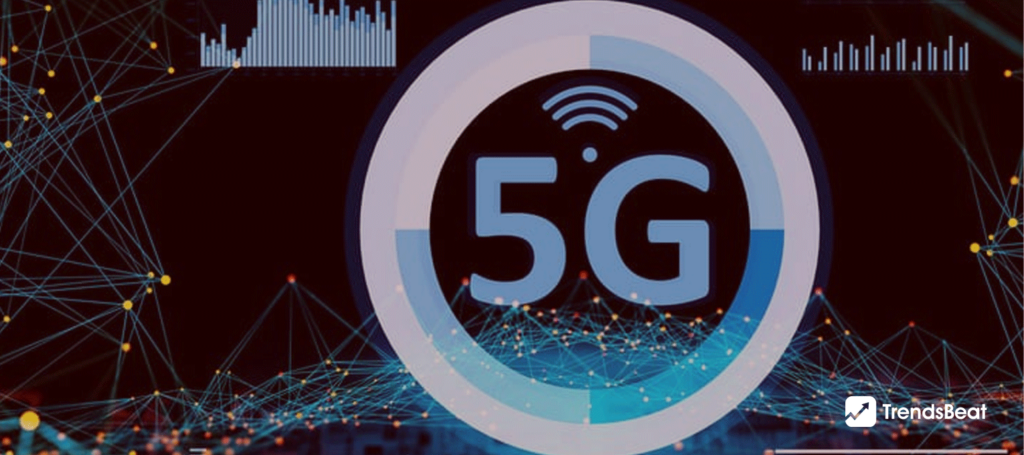










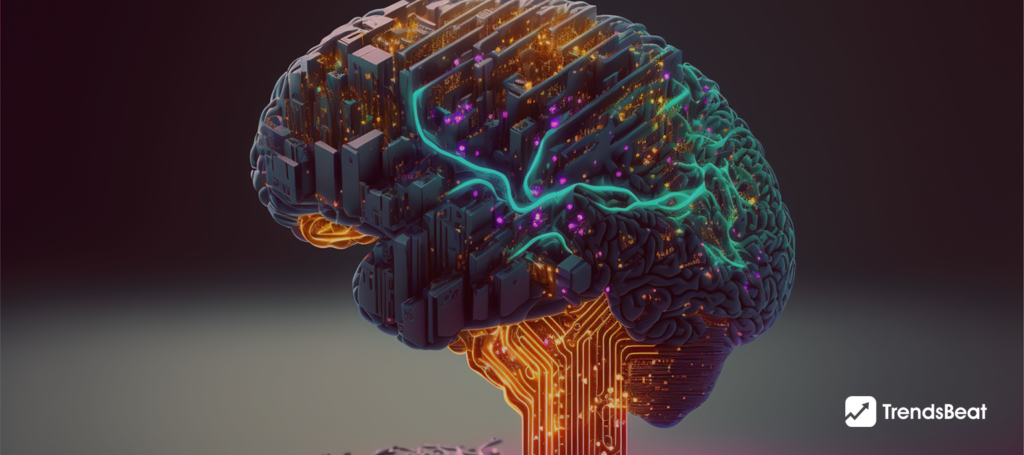


















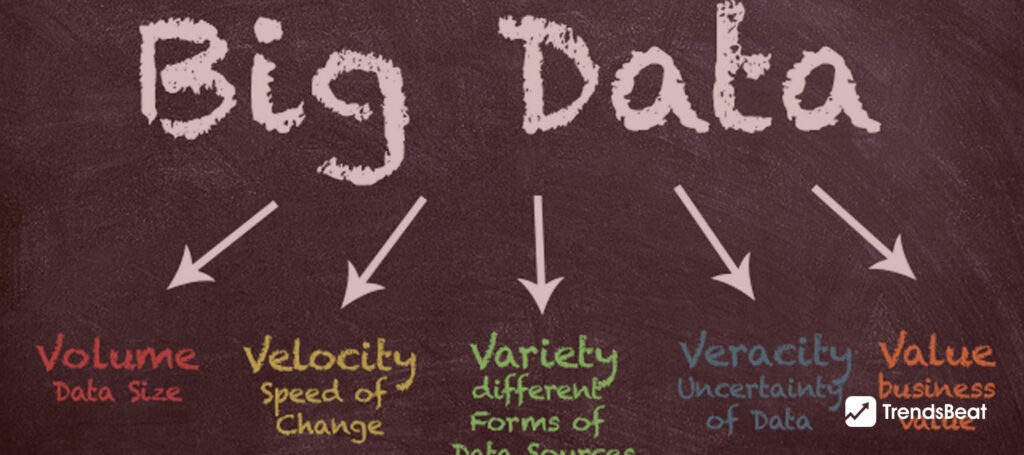






























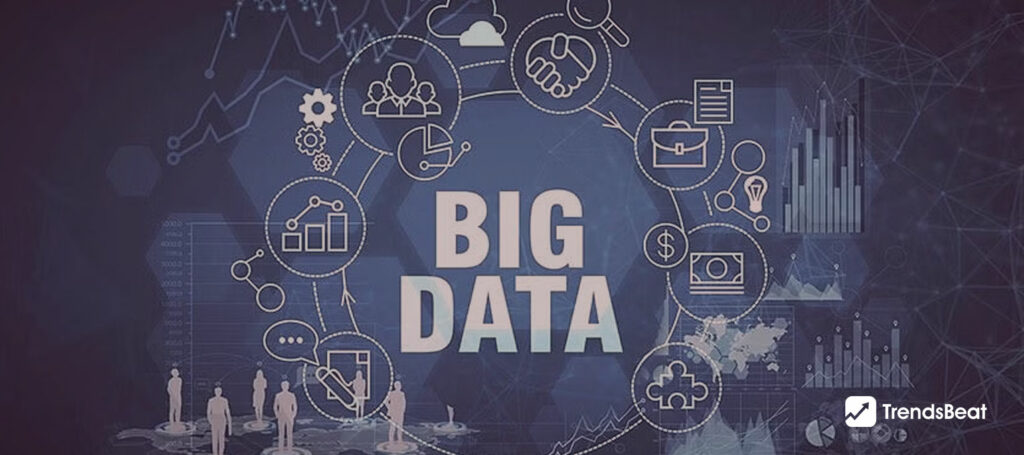






![Essential-Cybersecurity-Tips-for-Small-Businesses-[Protect-Your-Data]-TrendsBeat](https://trendsbeat.com/wp-content/uploads/2023/05/Essential-Cybersecurity-Tips-for-Small-Businesses-Protect-Your-Data-feature-image-template-1024x455.jpg)


















![Top Fitness Trends & Workout Routines to Follow [Stay Fit, Stay Healthy]](https://trendsbeat.com/wp-content/uploads/2023/04/feature-image-Top-Fitness-Trends-Workout-Routines-to-Follow-Stay-Fit-Stay-Healthy-1024x455.jpg)










![[Weight Loss Medication Health Effects] Side Effects and Best Advice](https://trendsbeat.com/wp-content/uploads/2023/04/feature-image-Weight-Loss-Medication-Health-Effects-Side-Effects-and-Best-Advice-1024x455.jpg)



